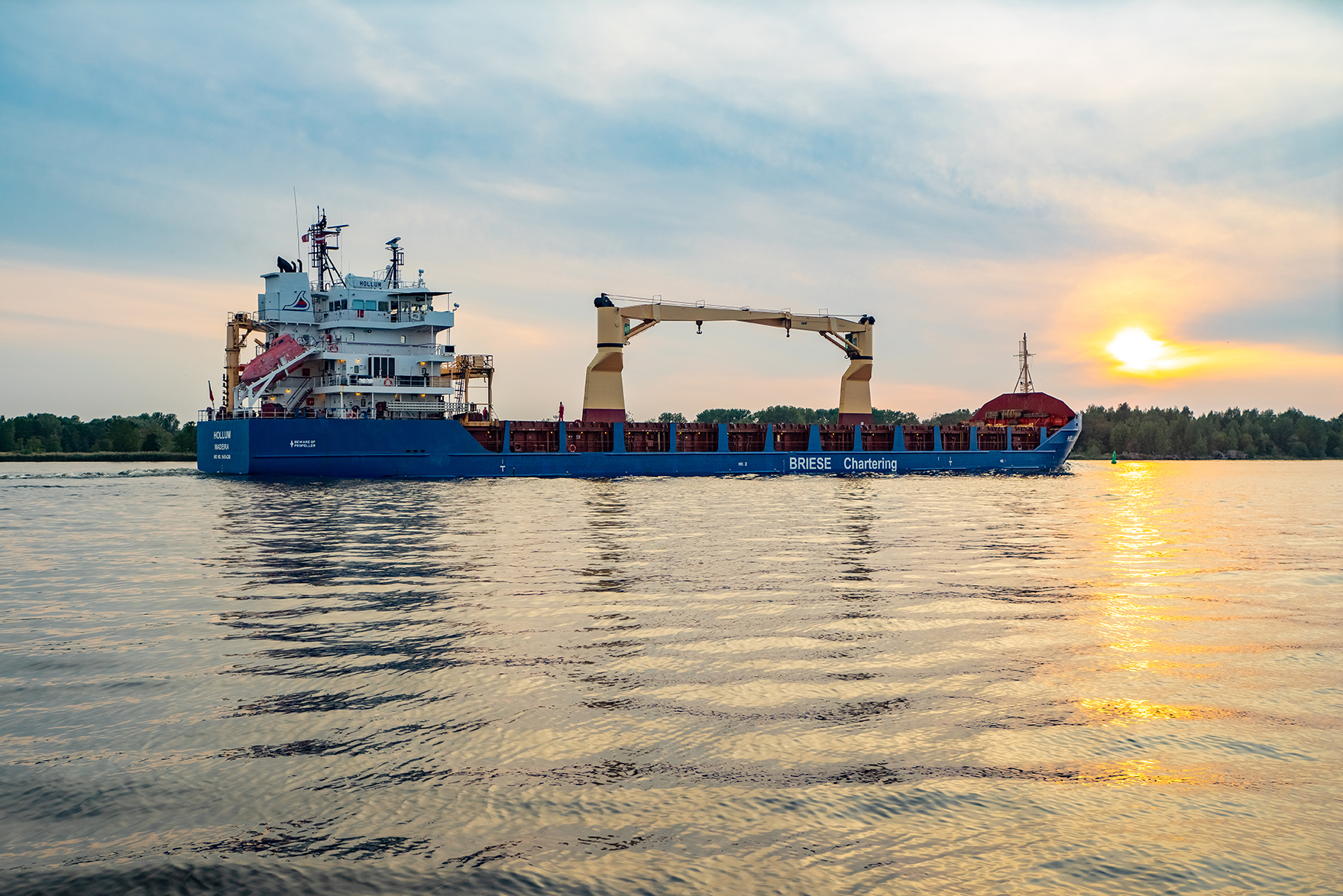
The company “Extron Baltic”, one of the 2020 growth record holders of the Port of Riga, is the largest metal transshipment company, handling 98% of all metal general cargo in the port. The terminal also handles cargo of timber and cereals (beans, peas, linseed).
“From the point of view of operational structure, our strength is efficient servicing of several smaller vessels instead of one large ship. In addition, a large part of the cargo that is handled by our company is delivered to the Baltic Sea region, where there is no need for larger vessels,” explained Valdis Andersons, Chairman of the “Extron Baltic” Board.
One of the “Extron Baltic” competitive advantages is the grain handling complex built at the terminal, which is connected to the berth by a special conveyor line. The system provides for efficient grain delivery to the ship's holds from a warehouse or railway wagon.
The company is also engaged in timber handling, providing wood impregnation, which is performed in two autoclave chambers. A large part of rough lumber is sent from Belarus, and then impregnated at the terminal, loaded on a ship, and further, with the added value of the port, the cargo is delivered to customers.
There are also two metal processing companies operating in the terminal territory, one of them being among the world leaders in the production of gas and oil tanks. “We load these large structures on ships as project cargo, which in this case is beneficial both for us and the company, thus avoiding significantly more expensive and complicated transportation of this oversized cargo by road,” emphasized Valdis Andersons.
The Freeport of Riga is the largest port in Latvia and the second largest port in the Baltic States, where high-quality services are provided by about 200 private companies working in the port, including 36 cargo handling terminals. The business cluster of the Freeport of Riga employs more than 4,000 people.
According to the calculations of the think tank CERTUS, each ton of cargo handled at the Freeport of Riga contributes to Latvia's GDP in the amount of 10.7 EUR. This means that last year, by handling 23.7 million tons of cargo, the Freeport of Riga cluster increased Latvia's GDP by 250 million EUR. The companies of the port cluster pay more than 30 million EUR in taxes every year.



